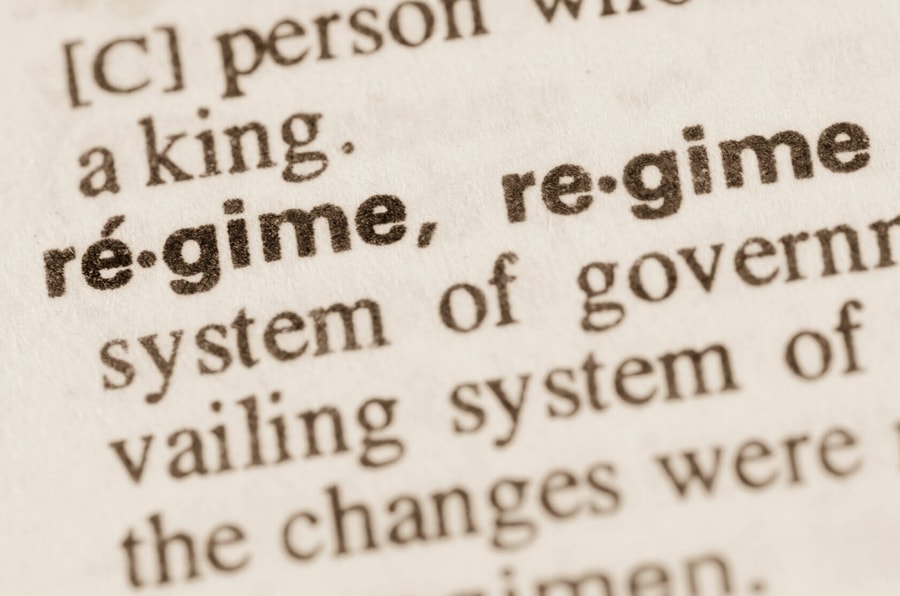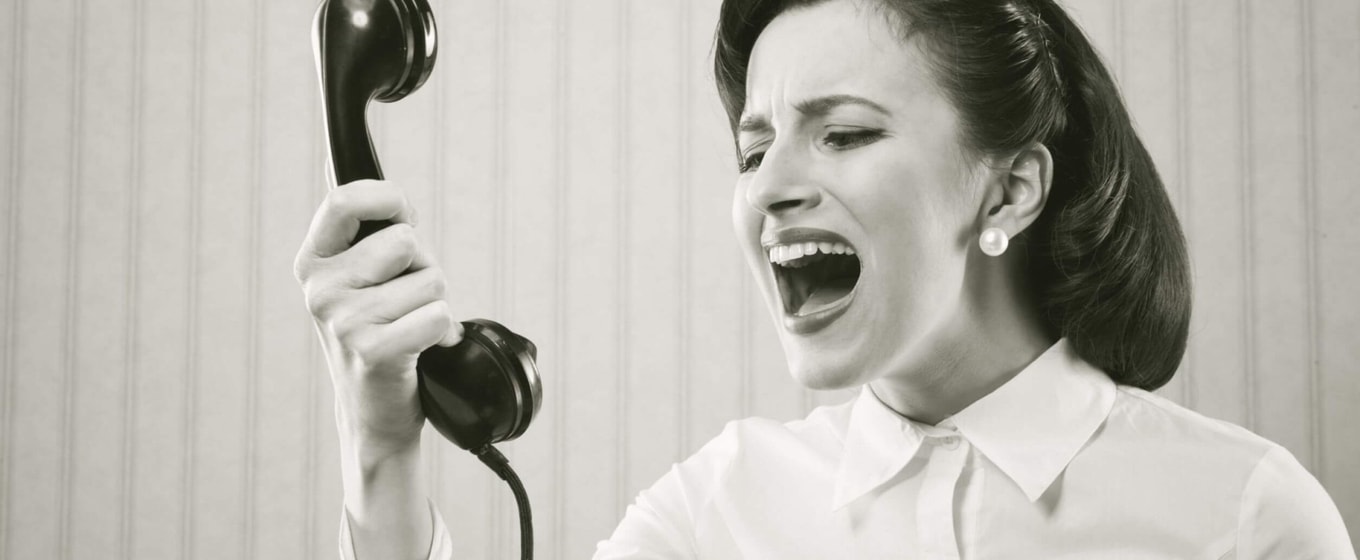Is someone utilising your work as their own or manufacturing it without your permission? If so, there may be an infringement claim.
Copyright exists to protect your work in whatever medium you have utilised. However in today’s internet age work is easily copied, reused or republished without permission - at times without people knowing that they’re breaching copyright.
Where to Begin?
Before considering whether you have a claim or not, you need to consider ownership. When considering the merit of a claim, the court will always consider whether you own the copyright. You need to, therefore, be able to demonstrate that you do. This can be done by demonstrating to the court you are the original author or creator of the work, for example providing preliminary sketches, draft works, or prototypes.
Has Your Work Been Misused?
Section 16 of the Copyright, Design and Patent Act 1988 (CDPA) allows that the owner of the right may reproduce, publish, provide to the public or amend the work in any way they wish. Therefore, you can do what you wish with your work - from mass reproduction to releasing only one copy to the world. You also have the right to sell, licence and commercially exploit the asset.
This is an exclusive right. The misuse by another person of this exclusive right will give rise to a claim, provided that it is within the UK. If you haven’t authorised use of your work by another, then they’re abusing your rights and a civil claim may be viable.

It’s a Strict Regime
The CDPA applies a strict regime to copyright infringement. It’s not necessary for the whole work to be copied, only a substantial part. So, if you were to copy a single line of a poem, and that line comprises a significant section of the piece, you have infringed copyright.
If your work is covered under the Literary, Dramatic, Musical or Artistic works (LDMA) titlesand it’s been reproduced, the CDPA 1988 provides protection to the owner; it seeks to stop any reproduction without authorisation in any way, shape or form. This includes, for example, a 2D sketch you may have produced being translated into a 3D model by another without your permission.
So do you think your work has been adapted in some way? If the answer is yes, you may have a claim.
Adaptations of a piece or literary or dramatic work include the translation into a foreign language, creation of a play or a cartoon based on the work. If a musical work is created into a differing arrangement, it’s also classed as copied.






These cookies are set by a range of social media services that we have added to the site to enable you to share our content with your friends and networks. They are capable of tracking your browser across other sites and building up a profile of your interests. This may impact the content and messages you see on other websites you visit.
If you do not allow these cookies you may not be able to use or see these sharing tools.